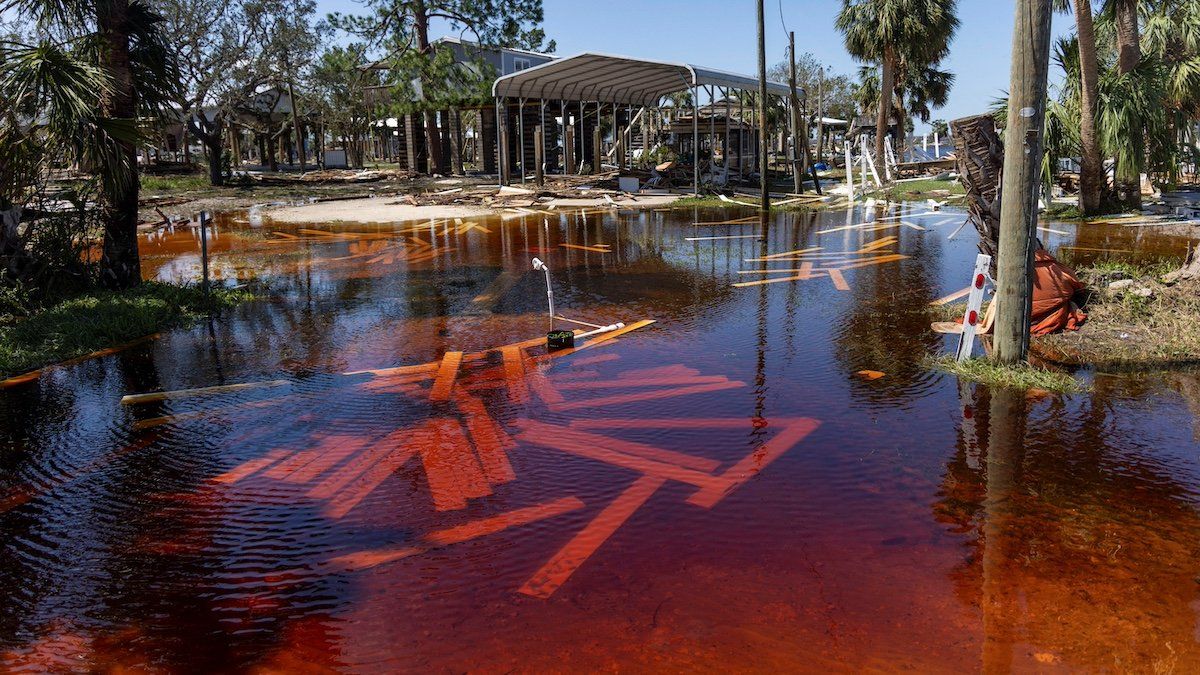90: At least 90 people across the southeastern United States are dead in the wake of Hurricane Helene, which made landfall as a category 4 storm on Thursday. The high winds and storm surge destroyed an unknown number of homes and caused power outages for millions. The White House declared major disasters in Florida and North Carolina, allowing federal emergency management resources to flow to those states.
201 billion: Meta CEO Mark Zuckerberg has reportedly amassed a net worth of $201 billion, making him the fourth wealthiest person in the world after Elon Musk, Jeff Bezos, and Bernard Arnault, whose assets all surpass $200 billion. For context, if you made $10,000 an hour, every hour for the last 2,024 years, you would still fall short of the mark with $177 billion.
37: US Central Command said Sunday that it had killed 37 Islamic State-linked operatives in two separate strikes in Syria this month. The first strike, on Sept. 16, killed 28 militants at an IS training ground in central Syria, while the second killed nine IS-affiliated militants in the northwest last Tuesday.
52.9: According to new government data, more than half of Argentines – a whopping 52.9% – lived
below the poverty line during the first half of the year, the highest level in two decades. That’s up from 41.7% in the last half of 2023, with a 237% annual inflation rate driving much of the increase. President
Javier Milei has managed to bring inflation somewhat more under control, but he is making unlikely promises to bring the rate down to 18% by the end of 2025.
